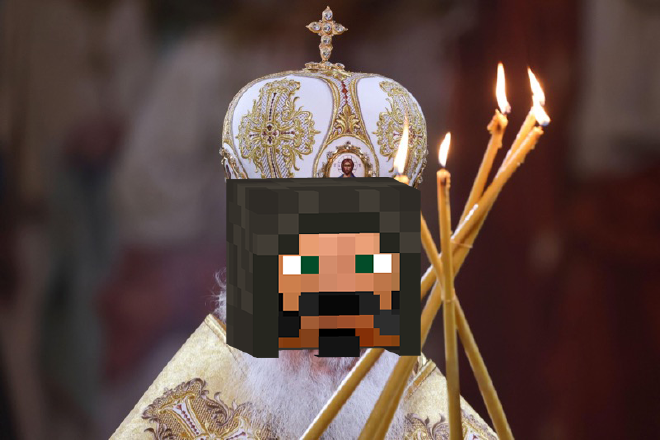
On Monday morning, just half a day after the election results were announced, Prime Minister Gobblin presented his first official act at a press conference.
The controversial Monument Group Tax Act was immediately revoked, the Citizenship Price Cap Act II is to override the predecessor of the Pavia First administration and from now on amount to 80 diamonds, and last but not least, the Act for the Establishment of the Church of t as the State Religion of Pavia. This is intended to recognise the Church of t as ‘one true Civ Religion’ and to appoint it as the ‘State Religion of Pavia’. The ‘heretical religion of the Church of the Boar’ was to lose its church land and be dissolved in Pavia.
This last decree had already been put forward by the UPP during the election campaign, but was not taken up by the opposition and no further attention was drawn to it. The concerns about the exclusion of dual citizens from the nobility and the political events were now joined by a wave of indignation about the open breach of the constitution of Magna Pavia by Gobblin’s government. Gobblin defended this against BritishWanderer, Duke of Bedford, by referring to his ancestors, who had also committed a breach of the constitution when they founded the Empire.
Despite this meagre defence, the decree remains in clear contradiction to Magna Pavia, which can be found in the chapter ‘The State of Pavia’ §3.2. It reads ‘There shall be no official State Religion of Pavia.’. Neither of the two extensions of Magna Pavia, the Pavian Restoration Amendment (2023) nor the Pavia Reform Act (2024), call this passage of the text into question.
An extension, amendment or rewriting of the constitutional documents of the State of Pavia is only possible with the unanimous consent of all sitting Dukes, the last time this happened was on 5 June this year. There the Pavia Reform Act, which defines our current electoral and governmental system, was approved.

